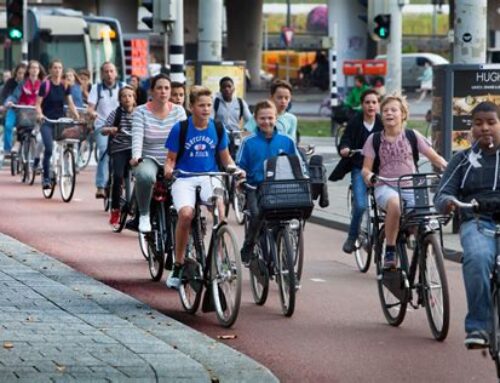No, camping has never been part of my holiday options. To live life without the usual comfort at home, while having to pay for the discomfort, did not belong to my recreational options. Just the image of all those people dragging pots and pans along to sit side by side on a stamp and share each other’s smells, noises and limitations put me off right before even considering the option. Camping in the wild did have it’s charme but at the time of making up my mind the magnitude of other options seemed to prevail all the time.

What if this is your living room?
This perception changed when my sister and her husband invested in a caravan and rented a spot along the Mosel in Germany. The caravan was well equipped with sleeping facilities, fridge, beds, tv, etc. An extension allowed for full cooking facilities and shelter. What more does one need? If we consider the unique location and home like facilities we are better off here than at home! Furthermore, we use 24 m2 for housing 4 persons instead of 334 m2 at home for 6 persons. Our energy usage is negligible and can be powered by solar panels, a shared wind mill and other sources. At home we pay top energy prices. Our emotional comfort is brought into a structural positive vibe while at home in town stress seems to reign.

And shared values with neighboors
But what most struck me was the positive and productive social interaction between the residents on the campsite. People help each other when in trouble, share resources, make plans together and openly resolve issues or propose initiatives. There seems to be no cultural or linguistic impediment, just the common wish to have a good time together even when people don’t know each other at all nor speak eachother’s language.
At home, in the city, we (at STIR foundation City of Tomorrow) are concerned about the way people tend to avoid eachother in the neighborhoods. There seems no motivation to even greet let alone share or make plans together. People tend to be self centered, uninterested and even fearful when dealing with neighboors. Yet, here at the campsite it seemed a natural process to proactively interact in a positive way.
Why? Why the difference in attitude in town and on the campsite? Is it the holiday admosphere? The proximity of nature? The reduced outdoor lifestyle and mutual proximity? How can we get this positive camping attitude also into our city communities? What motivates people to behave so differently?
Or don’t they…..
Or are we just looking at a conglomerate of like thinking social people that behave the same everywhere but seem to build a mini society here where the can, together? Is attitude related to environment? Opportunity? Or personality? Or is it a combination of all? Can we transform neighborhoods into such positive vibe?
This is a challenge we already agreed to Sustainocratically before summer holiday. I may have now some extra ideas now to work with. Let’s try to get the Mosel campsight attitude into our neighborhoods. I’ll keep you informed.



Leave A Comment